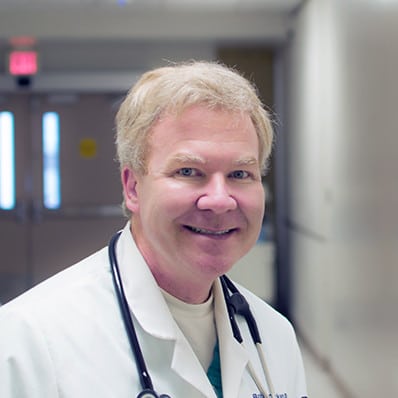Mastering Medical Emergencies: Dr. Robert Corkern’s Proven Techniques for Saving Lives
Mastering Medical Emergencies: Dr. Robert Corkern’s Proven Techniques for Saving Lives
Blog Article

When it comes to healthcare, lots of people frequently confuse emergency medication with internal medicine. Equally are critical branches of medicine, nevertheless they function different roles in patient care. Dr Robert Corkern Mississippi, a distinguished medical specialist, explains the key variations between these two specialties, shedding gentle on their own focuses and how each plays a role in individual health. Understanding the distinction between crisis medication and internal medicine will help people greater steer their healthcare wants and make knowledgeable decisions.
The Concentration of Emergency Medication
Emergency medicine is designed to provide immediate, intense care for individuals experiencing urgent or lethal conditions. Disaster physicians work in hospitals' emergency departments (EDs), wherever they're often the first stage of contact for individuals encountering significant injuries, shots, center episodes, or other medical emergencies. Dr. Corkern emphasizes that emergency medicine is all about stabilization and quick decision-making. Disaster physicians are trained to deal with a wide selection of medical problems, often with out a detailed medical history of the patient, and must make rapid judgments predicated on restricted information.
The principal goal of disaster medicine is to prevent more hurt, secure the patient, and initiate the right interventions. From trauma treatment to handling center problems or strokes, disaster physicians are professionals in managing intense signs and giving life-saving therapies in high-pressure environments.
The Role of Central Medication
In comparison, inner medication is targeted on diagnosing and managing chronic disorders and conditions that affect adults, such as for instance diabetes, hypertension, and heart disease. Internal medicine specialists, or internists, use individuals over a lengthy time, providing extensive attention and prevention strategies. Dr. Corkern describes that inner medicine is primarily worried about the whole-body administration of non-emergency medical issues. Internists usually serve as major treatment doctors, handling schedule check-ups, controlling ongoing solutions, and matching care for individuals with complicated, long-term health issues.
While crisis physicians address immediate considerations, internists have a more holistic and long-term way of individual health. They usually function carefully with specialists in areas like cardiology, pulmonology, and nephrology to manage persistent problems and make certain that people obtain coordinated care for multiple health concerns.
Instruction and Method of Treatment
Dr. Corkern shows the variations in the training needed for equally fields. Disaster medicine requires physicians to be equipped for a broad spectrum of problems that'll involve rapid, life-saving interventions. Emergency health practitioners are experienced to manage trauma, important illness, and acute exacerbations of serious conditions. That teaching requires a heavy focus on acute care and sophisticated life-saving procedures, often in high-stress environments.
On one other give, internal medication physicians undergo considerable training in the avoidance, diagnosis, and therapy of persistent conditions. They focus on giving long-term treatment, frequently handling a patient's medical record and corresponding with different specialists. The internist's approach is patient-centered, with an emphasis on long-term health maintenance and condition prevention.
When to Find Disaster Medicine or Inner Medication
Knowing when to seek emergency medication versus inner medication will make all the big difference in the speed and form of attention an individual receives. If you're experiencing a medical emergency, such as serious chest suffering, difficulty breathing, or quick loss in consciousness, the er is the proper place to go. However, for constant health problems, persistent condition management, or overall health maintenance, an interior medication consultant is usually the very best level of contact.
Conclusion:
Equally crisis medicine and internal medicine perform crucial functions in individual attention, but their approaches, emphasis parts, and training change significantly. Dr Robert Corkern's explanation offers clarity on how these specialties function and when each is many relevant. By knowledge the distinctions, individuals may better navigate their healthcare needs and assure they are seeking the proper type of care at the proper time. Whether facing an emergency or managing a persistent condition, both specialists are integrated in maintaining and improving health.
Report this page